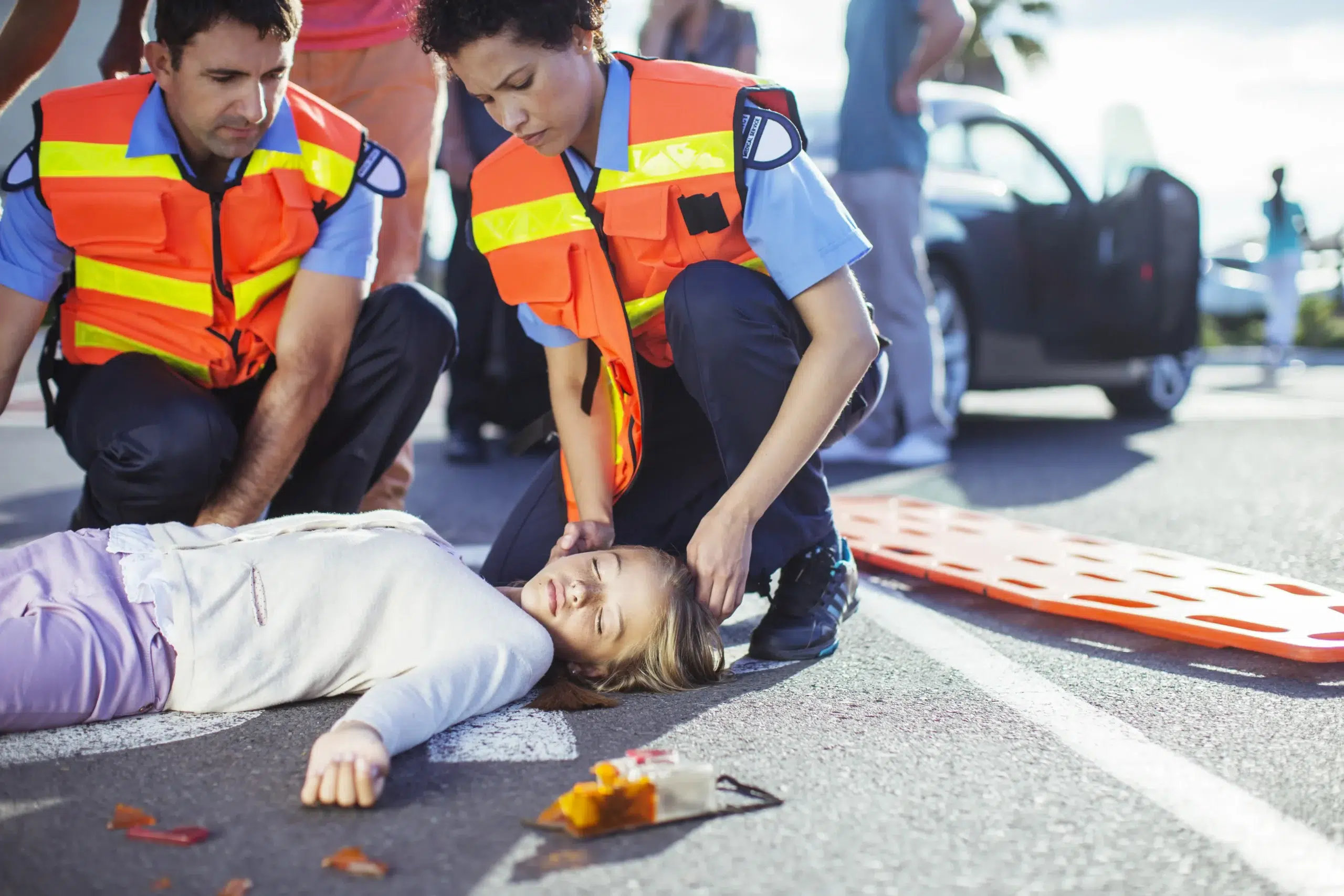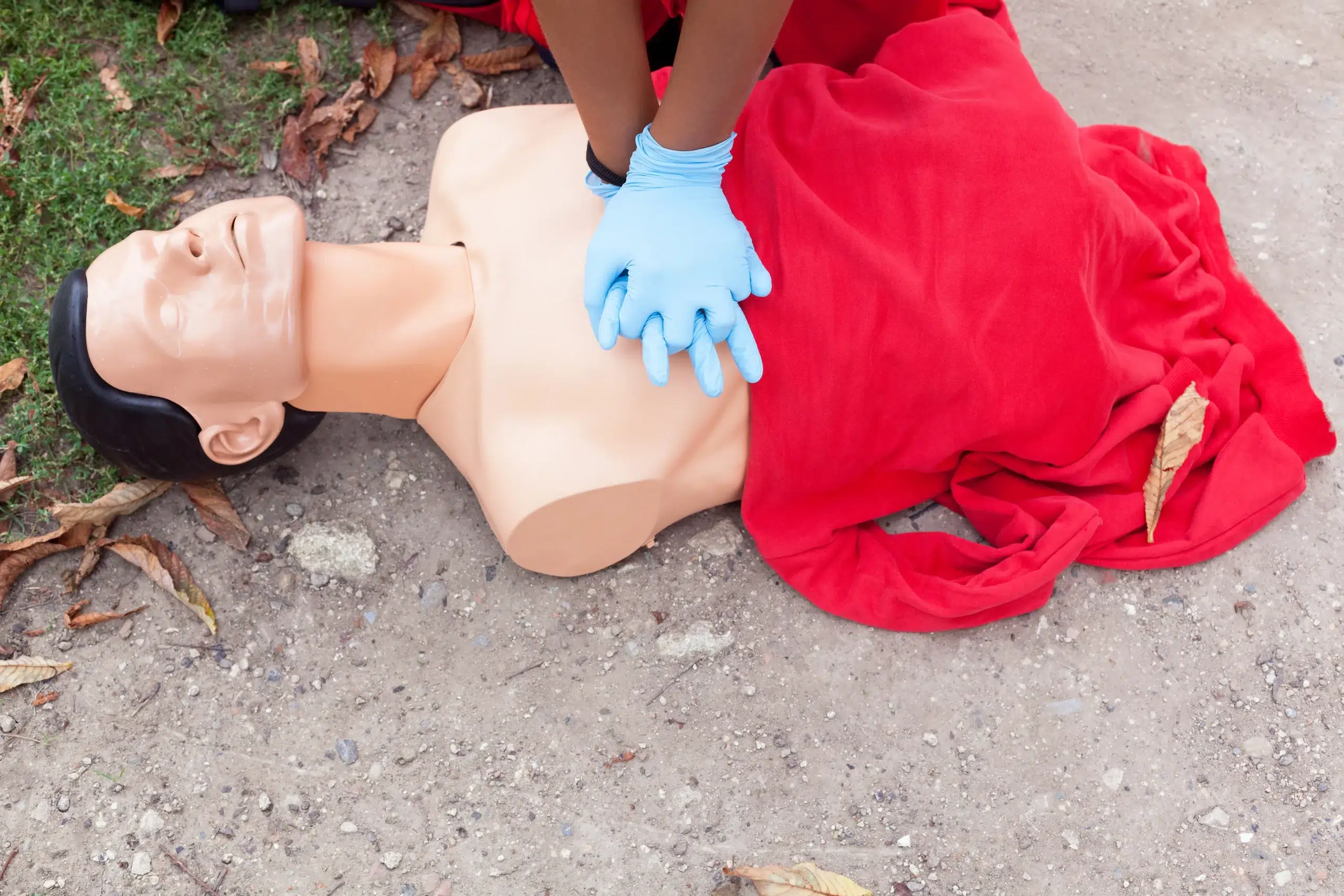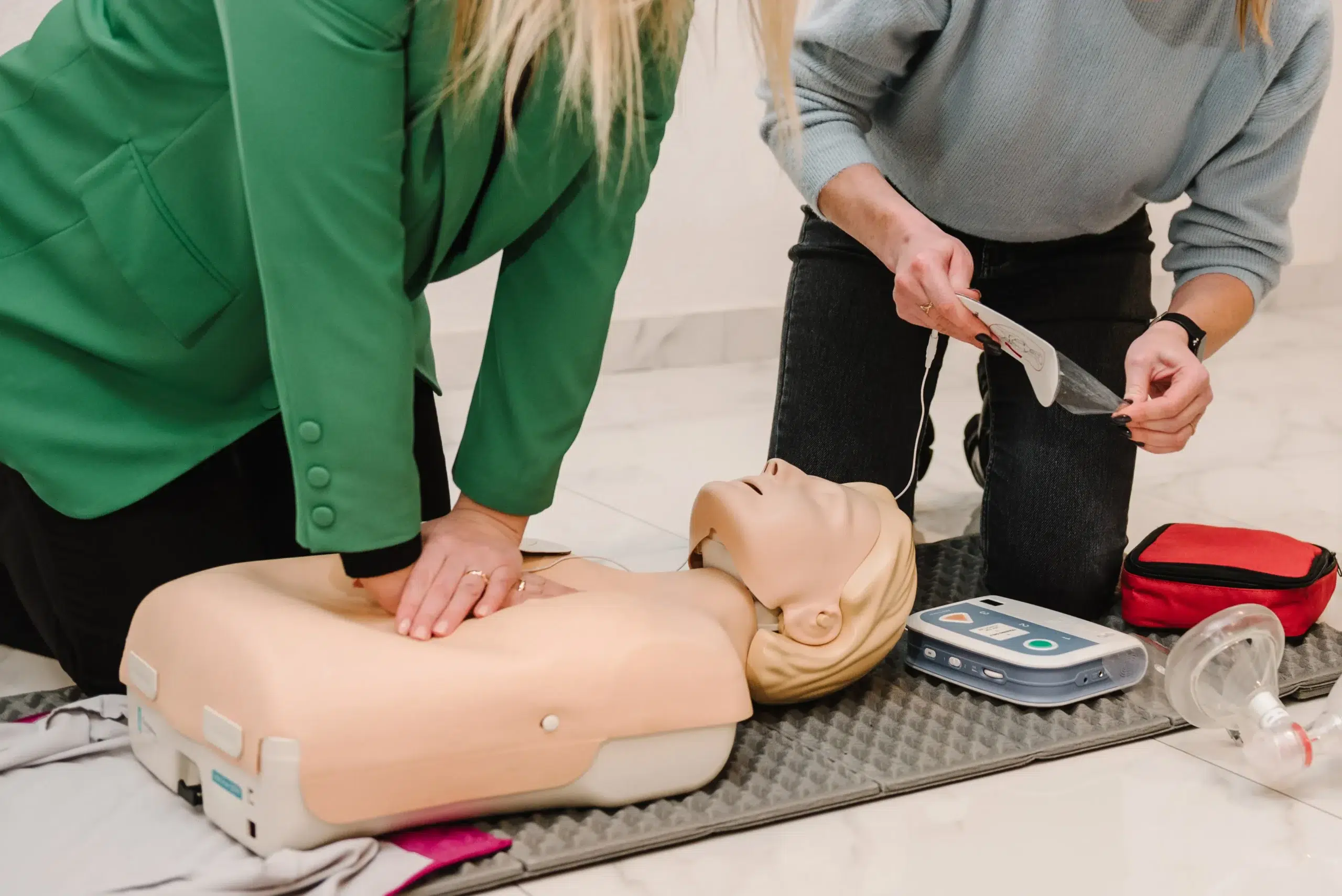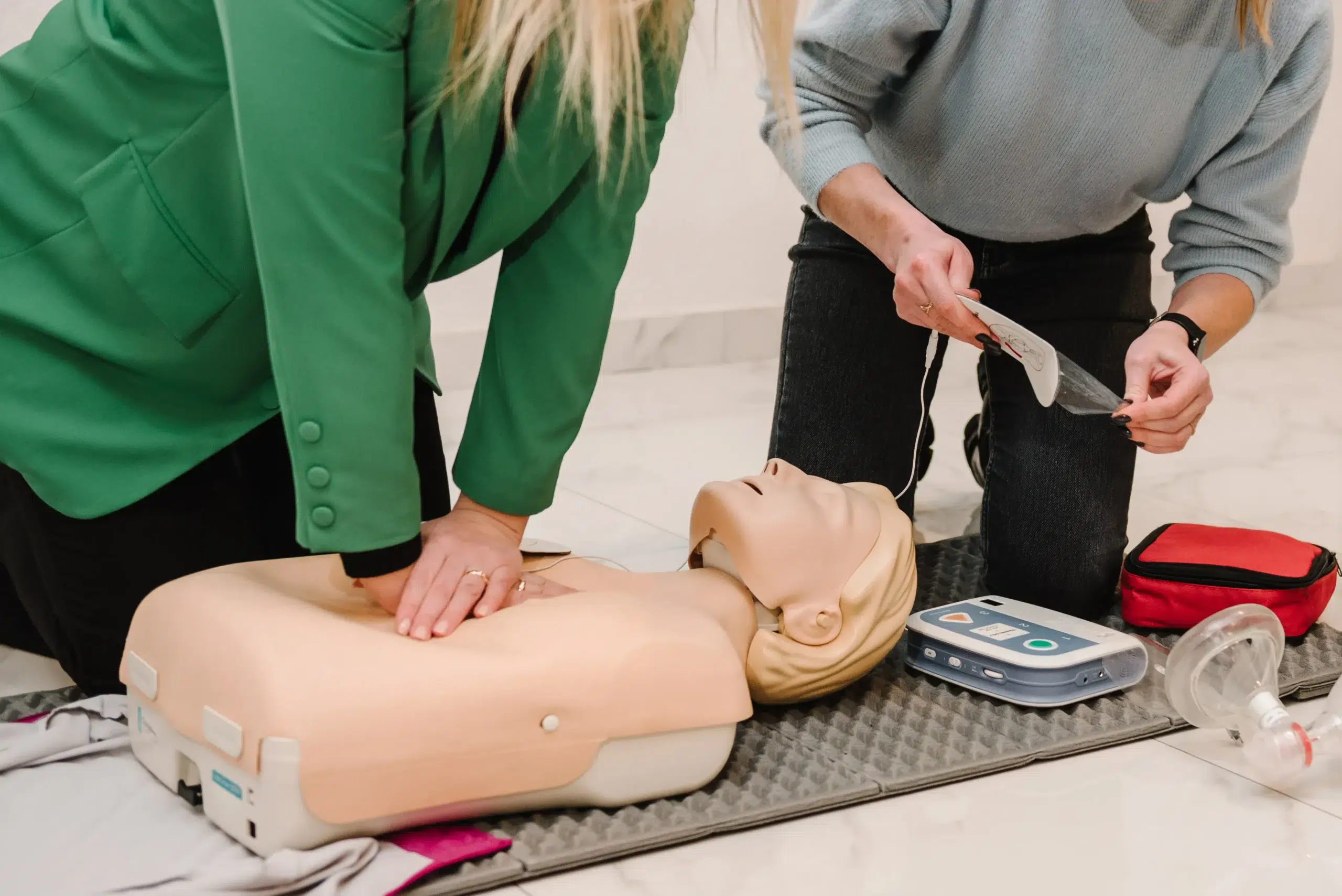Cardiopulmonary Resuscitation (CPR) is an extraordinary intervention that can mean the difference between life and death. By manually pumping oxygen-rich blood through the body, CPR sustains vital organ function during cardiac arrest, buying crucial time until professional medical assistance arrives. Studies show that CPR can double or even triple survival chances when performed promptly and correctly. It’s a lifesaving act of care.
However, for those who survive cardiac arrest and CPR, the story doesn’t end on a triumphant note. While physical recovery involves well-documented steps like cardiac rehabilitation, the psychological and emotional impact of such an intense, life-threatening experience often takes a backseat. Many survivors face trauma, anxiety, and other mental health challenges, making psychological recovery an essential but overlooked aspect of healing.
This post dives into the psychological recovery process for CPR survivors. You’ll learn about the mental health struggles survivors commonly face, actionable coping strategies, and why addressing this side of recovery is key to long-term well-being.
Understanding the Psychological Impact of CPR
Immediate Emotional Responses
The moments following resuscitation can be overwhelming. Survivors often report feelings of fear, confusion, and anxiety about what just happened. The shock of a near-death experience can be both disorienting and terrifying.
Acute Stress Disorder (ASD) is a common reaction immediately following traumatic events like CPR. Survivors may replay the event in their minds, experience intrusive flashbacks, or feel hypervigilant about their surroundings. Such heightened states of arousal make it difficult to feel safe or relaxed.
Long-Term Effects on Mental Health
For many survivors, long-term mental health challenges may emerge. Common conditions include:
- Post-Traumatic Stress Disorder (PTSD): Resuscitation scenes, loud noises, or even hospital environments can act as triggers for survivors.
- Depression: Returning to “normal life” after such a life-altering episode can seem daunting, leading to feelings of hopelessness or worthlessness.
- Survivor’s Guilt: Some survivors blame themselves for surviving when others might not have been so lucky.
Many also report profound shifts in their worldview. Reflecting on one’s mortality can trigger existential questions, including a search for meaning or purpose in life.
Statistical Insights into Mental Health Challenges
A study revealed that nearly 25% of out-of-hospital cardiac arrest survivors showed signs of PTSD, while close to 40% grappled with anxiety or depression. These numbers underscore the urgent need to address the mental health aspect of CPR recovery.
Coping Strategies for Survivors and Families
Mindfulness-Based Techniques
Mindfulness—a mental practice centered around staying present—can help survivors manage stress and anxiety. Try these techniques to foster calmness and emotional clarity:
- Meditation: Practice guided breathing exercises for 5–10 minutes daily. Apps like Calm or Headspace can help get you started.
- Journaling: Write about your emotions. This can help externalize fears and organize thoughts.
- Yoga: Gentle movement combined with mindful breathing brings physical and mental relaxation.
Support Networks
A strong support system is vital during the recovery process. Surround yourself with people who understand what you’re going through or are simply willing to listen.
- Family & Friends: Share your feelings honestly and lean on their support.
- Online Forums: Platforms like the American Heart Association’s survivor communities can provide shared experiences and validation.
Knowing that you’re not alone in this process can be incredibly empowering.
Lifestyle Adjustments
Physical health plays a big role in mental recovery. A holistic approach involves nurturing both body and mind. Prioritize these habits for full-spectrum healing:
- Regular physical activity (as approved by your doctor).
- A balanced, nutrient-rich diet.
- 7–8 hours of quality sleep each night.
Establishing routines can also create a sense of stability and normalcy, helping make life feel less chaotic.
Seeking Professional Help
If mental health struggles feel persistent or overwhelming, consider consulting a specialist.
- Licensed therapists or psychologists trained in trauma recovery can guide you through tailored coping mechanisms like Cognitive Behavioral Therapy (CBT).
- A psychiatrist might recommend medication for severe anxiety or depression, if needed.
When choosing a mental health professional, seek those with experience in health-related stress disorders or recovery care.
Why Psychological Recovery is Essential
Addressing mental health isn’t just about feeling better emotionally—it directly impacts physical recovery, too. Prolonged stress can strain your body, affecting your immune system and healing process. By fostering emotional well-being, survivors enhance their ability to recover physically, creating a positive feedback loop.
Neglecting the psychological impact could hinder long-term recovery. Emotional distress often escalates without proper care, making it harder to regain normalcy.
Healing the mind is as crucial as mending the body, and acknowledging the two as interconnected is the foundation of comprehensive recovery.
Empower Yourself and Others
Recovery is a process, and it requires time, effort, and support. CPR survivors are some of the most resilient individuals, having endured one of the most harrowing experiences imaginable. With the right strategies and help, psychological recovery is not only possible—it’s empowering.
If you’re looking to take steps toward helping future survivors, consider getting CPR-certified through providers like Safety Training Seminars. We offer AHA-certified training in Citrus Heights such as CPR and First Aid, Basic Life Support (BLS), Pediatric Advanced Life Support (PALS), and Advanced Cardiac Life Support (ACLS).
By learning how to save lives and understanding the challenges survivors face, you can play a vital role in their journeys.
Survivorship isn’t just about surviving—it’s about thriving, and with the right tools and resources, both survivors and their loved ones can achieve that goal.








